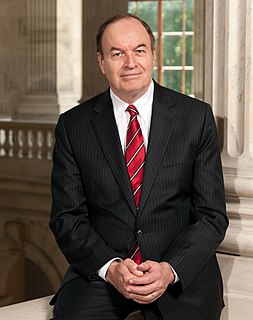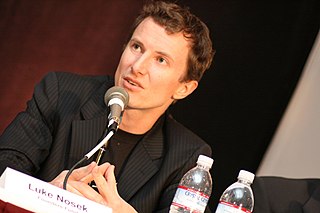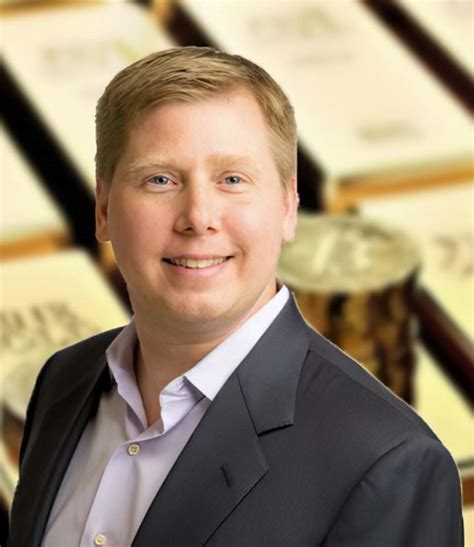A Quote by Richard Shelby
I believe that we have to have a new regulatory regime for our financial system.
Quote Topics
Related Quotes
I believe that the financial crisis of 2008/9 exposed more a lack of ethics and morality - especially by the financial sector - rather than a problem of regulation or criminality. There were, of course, regulatory lessons to be learned, but at heart, there was a collective loss of our moral compass.
I believe in market economics. But to paraphrase Churchill - who said this about democracy and political regimes - a market economy might be the worst economic regime available, apart from the alternatives. I believe that people react to incentives, that incentives matter, and that prices reflect the way things should be allocated. But I also believe that market economies sometimes have market failures, and when these occur, there's a role for prudential - not excessive - regulation of the financial system.
We had lead emitted in gasoline and in paint, painting generations of housing for an entire century, practically, before it was regulated. That's what I'm talking about, is that we have a regulatory system that is biased to protect profit and not to protect people. We need a much more precautionary and proactive regulatory system that is not influenced by the revolving door.
































